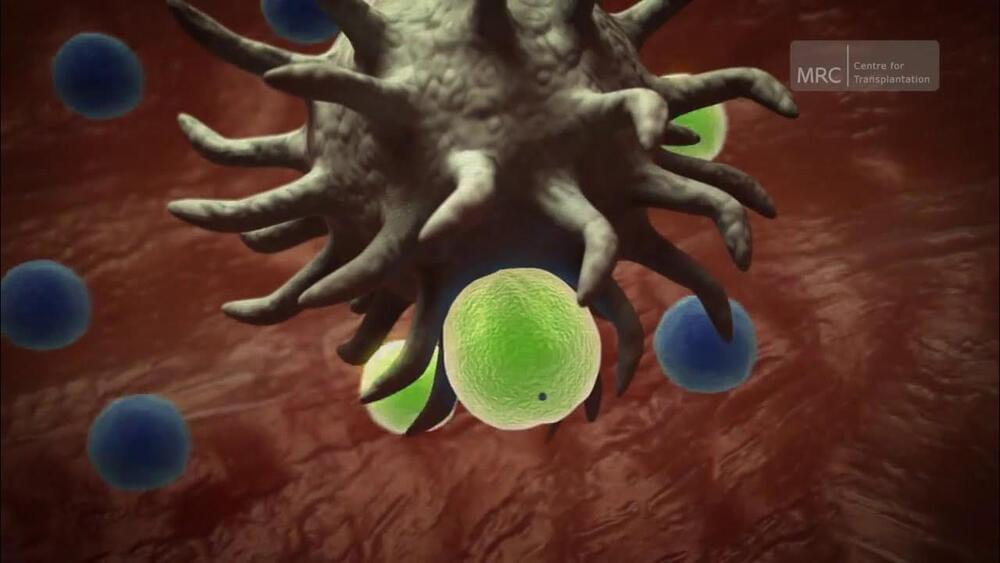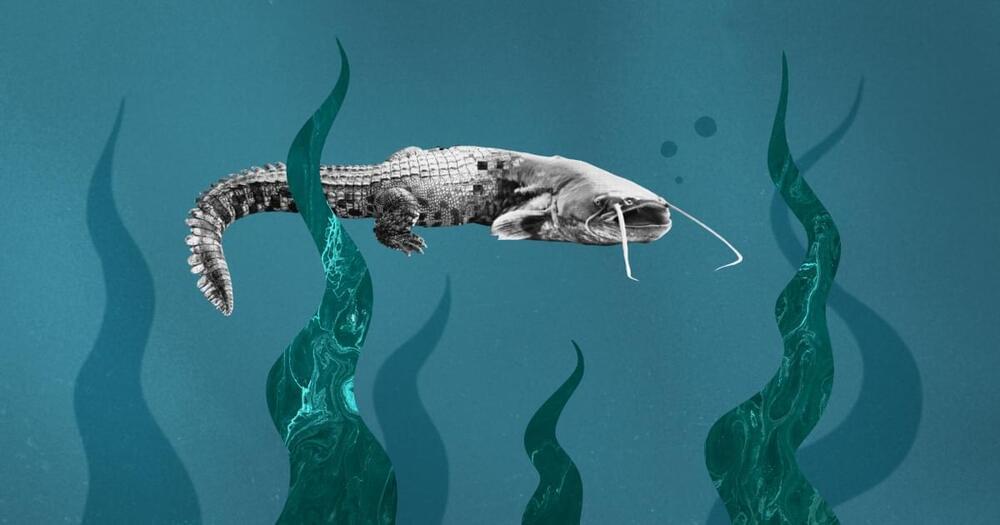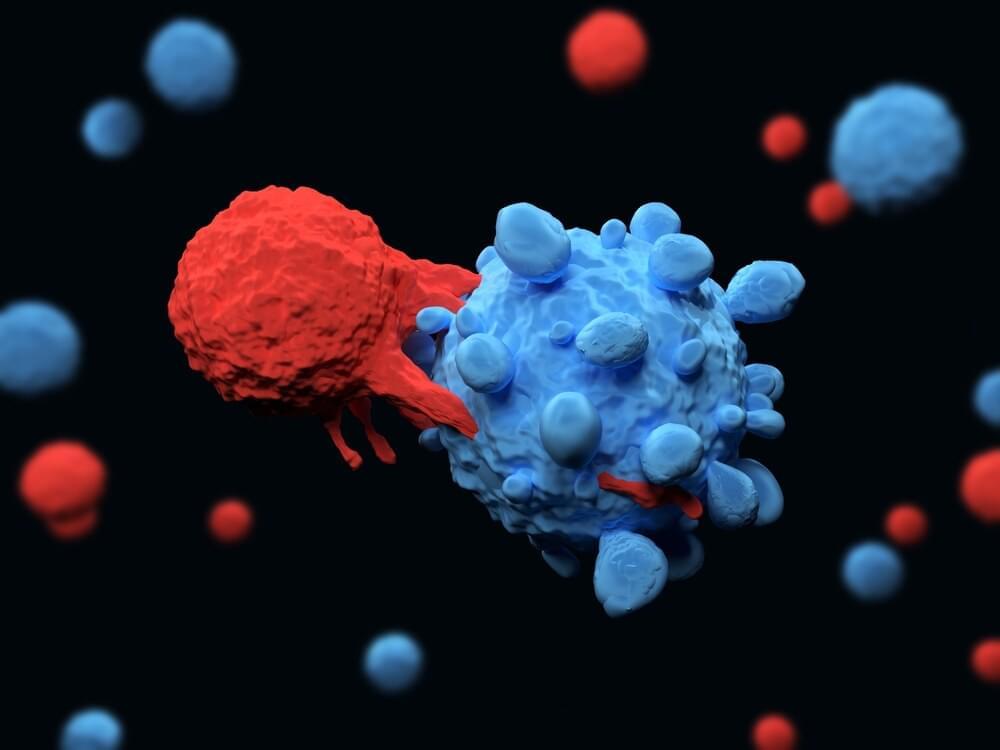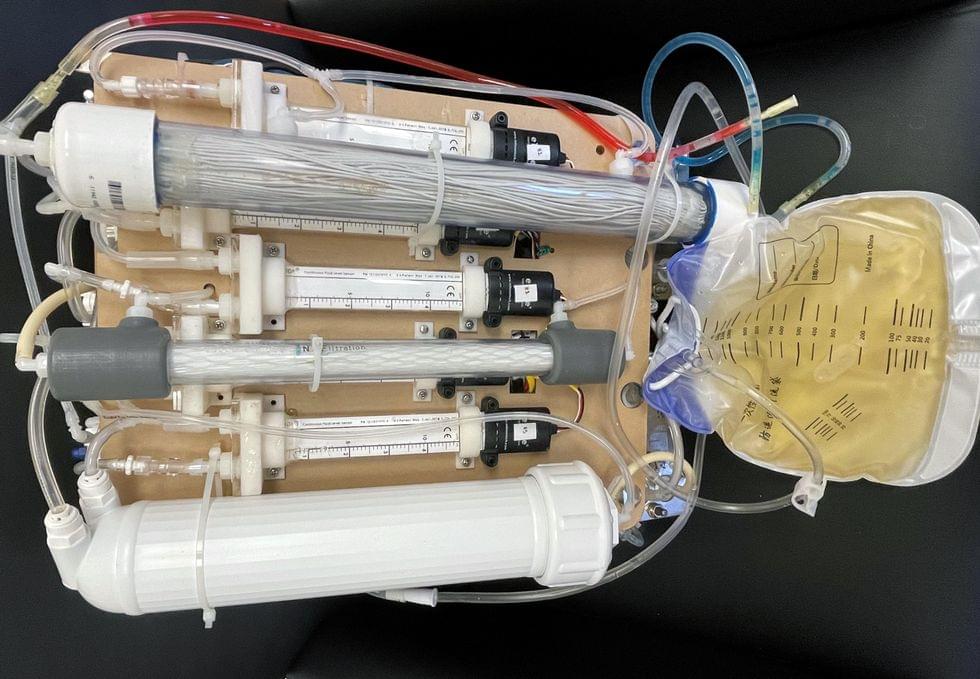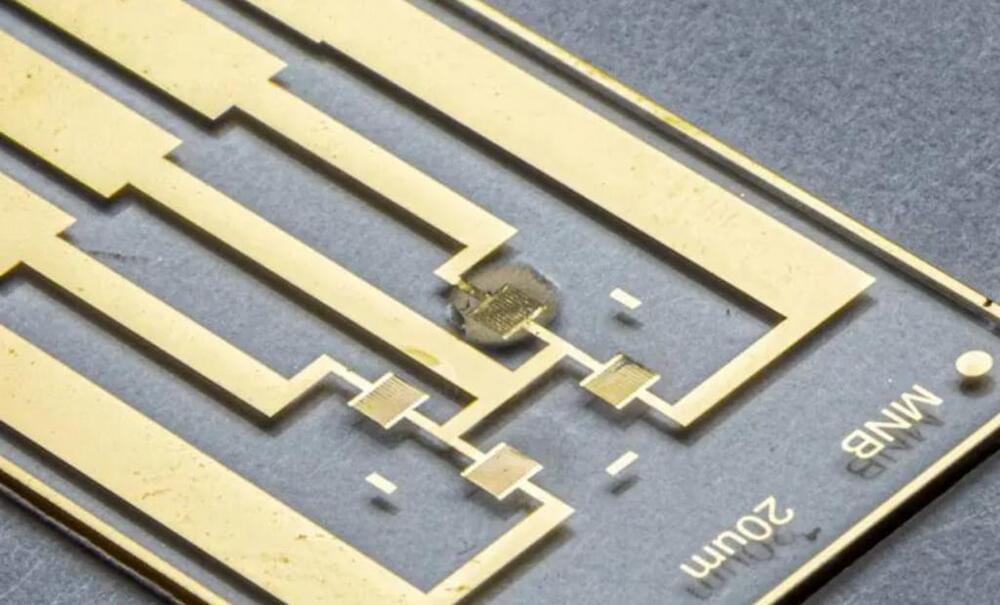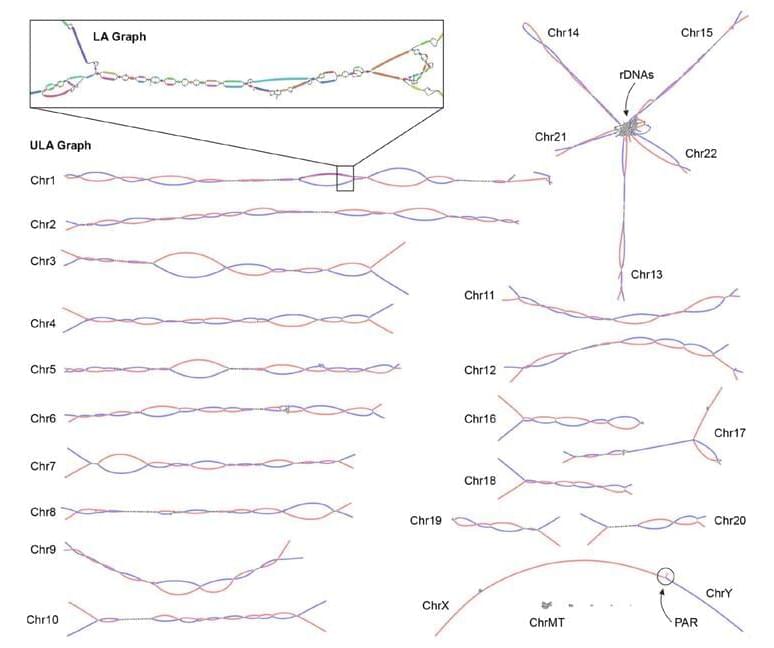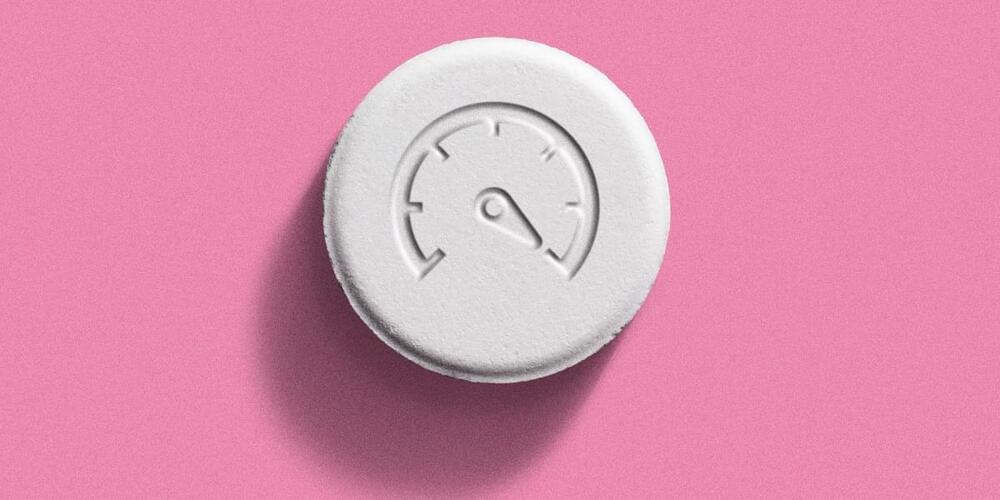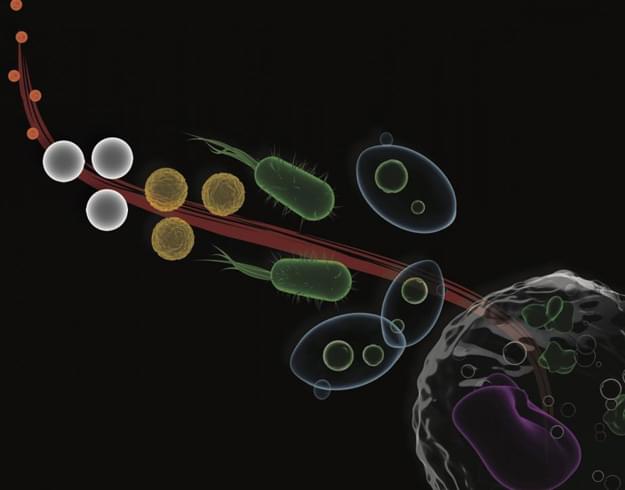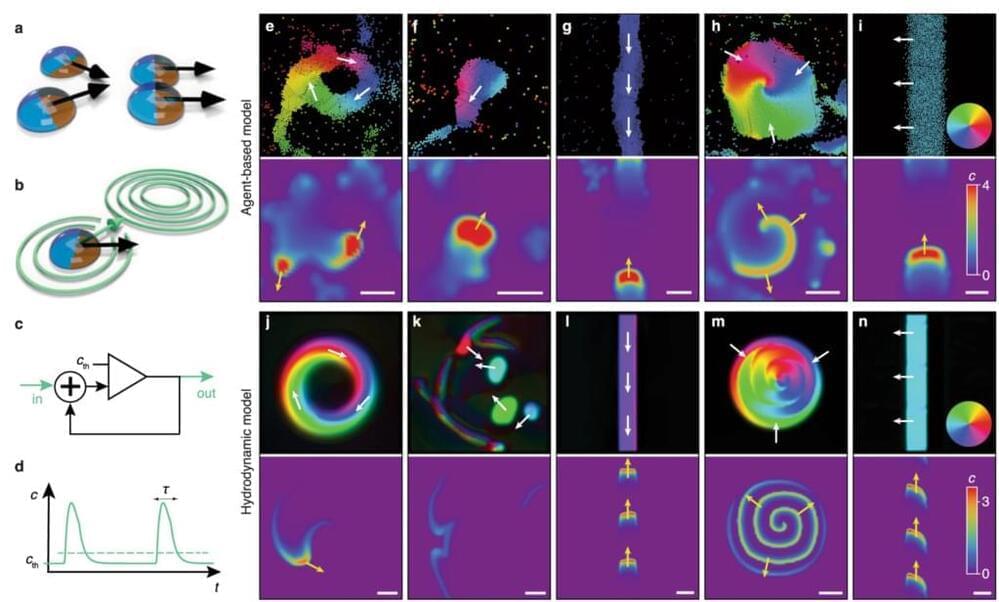
It acted with rudimentary intelligence, learning, evolving and communicating with itself to grow more powerful.
A new model by a team of researchers led by Penn State and inspired by Crichton’s novel describes how biological or technical systems form complex structures equipped with signal-processing capabilities that allow the systems to respond to stimulus and perform functional tasks without external guidance.
“Basically, these little nanobots become self-organized and self-aware,” said Igor Aronson, Huck Chair Professor of Biomedical Engineering, Chemistry, and Mathematics at Penn State, explaining the plot of Crichton’s book. The novel inspired Aronson to study the emergence of collective motion among interacting, self-propelled agents. The research was recently published in Nature Communications.
